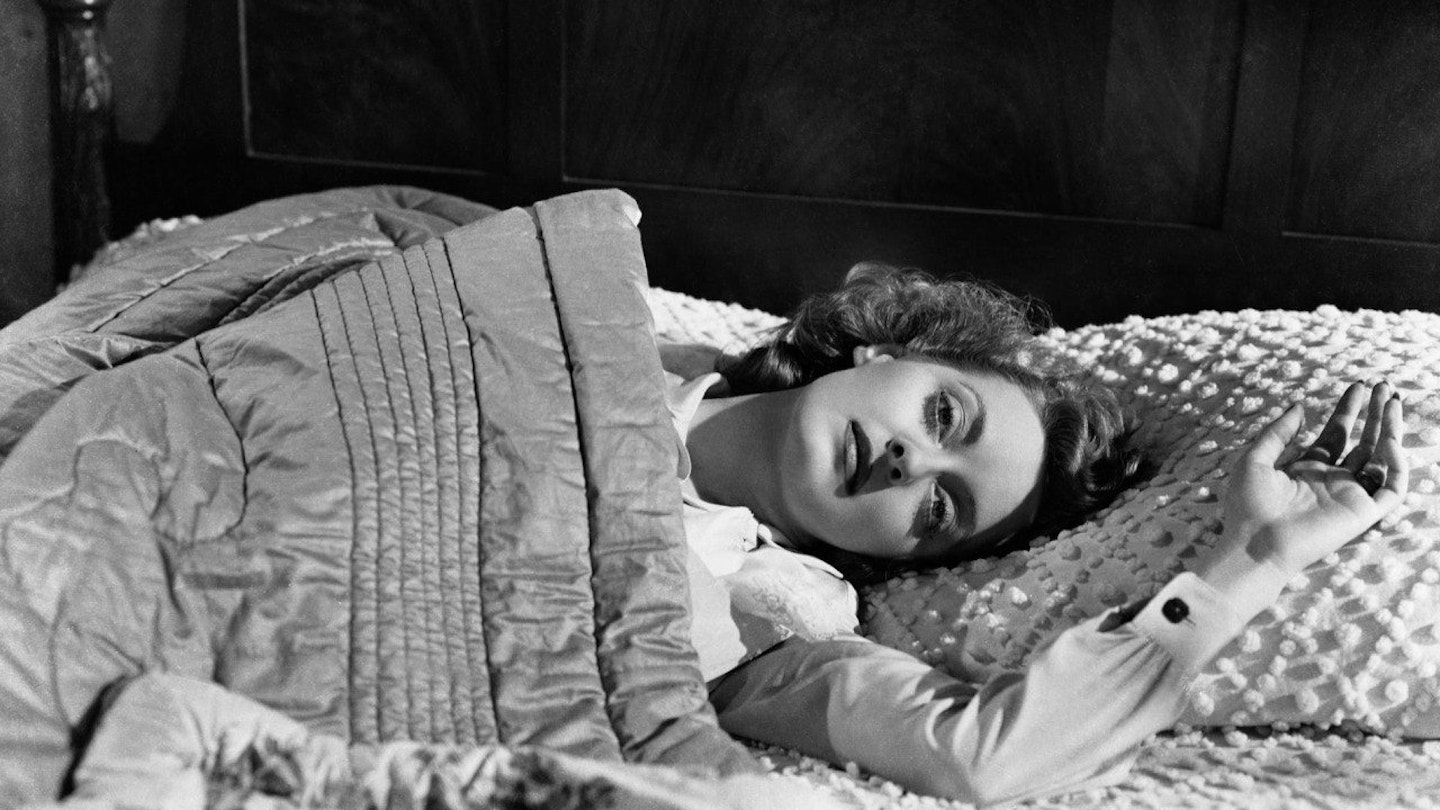`Who wants to see a dame go blind?' opined the ever-sensitive Jack Warner, after Bette Davis begged him to persuade independent producer David O. Selznick to release the rights to George Emerson Brewer Jr. and Bertram Bloch's minor stage hit.
Yet, despite the mogul's pessimism, millions faced with the darkening world situation wept their way through this three-hankie melodrama, almost as an act of catharsis. Indeed, Davis viewed the project in much the same way, as she sought suitable showcases to compensate for missing out on Scarlett O'Hara in Gone With the Wind (1939). Ironically, Vivien Leigh would pip her to the Best Actress Oscar, but Davis always regarded this as her favourite role.
Yet she had misgivings about her ability to handle Judith Traherne's graceful demise. But director Edmund Goulding cleverly decided to shoot in sequence to allow Davis to gain confidence from playing against type as the gregarious socialite, whose joie de vivre gives way to some trademark bitching (in the superbly played drunk scene, in which Judith accuses Ann and Dr Steele of conspiring to keep her negative prognosis a secret) before she settles down to some exquisite suffering.
Davis channelled her off-screen emotions into the part, as not only was she going through a divorce, but she was also on the rebound from affairs with William Wyler and Howard Hughes. But she drew solace and inspiration from George Brent (who was himself newly divorced from actress Ruth Chatterton) and their romance clearly colours their latter scenes together, although his bland charm barely registers against Davis's powerhouse performance, which is only matched in insensitivity by Max Steiner's occasionally intrusive score.
Elsewhere, the debuting Geraldine Fitzgerald provides some serviceable support, as does Humphrey Bogart, who belies miscasting to lend some earthy intrigue as an Irish Mellors to Davis's lachrymose Lady Chatterley.
